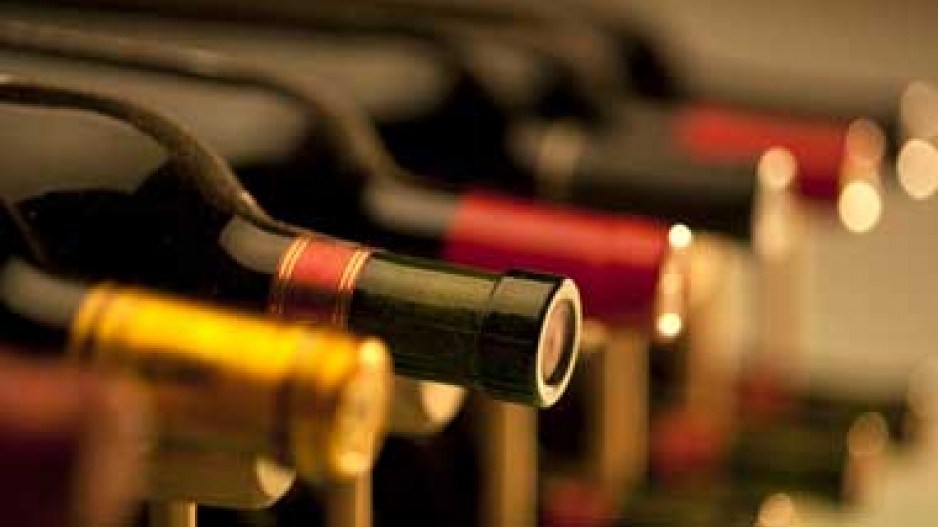Frustrated pub and private liquor store operators in B.C. say the provincial government is blindly and needlessly rushing to privatize liquor warehousing and distribution.
“We can’t find any stakeholders that support this,” Alliance of Beverage Licensees of B.C. (ABLE) executive director Raechelle Williams told Business in Vancouver. “We also are particularly concerned about the lack of transparency and consultation.”
Eight bidders responded to the April 30 RFP, including Exel Logistics and ContainerWorld. BC Liberal insiders Mark Jilesand Patrick Kinsella have lobbied the government for seven years on Exel’s behalf. ContainerWorld president Dennis Chrismas is a Liberal supporter whose Richmond company has a business relationship with Italian beverage distributor Giorgio Gori. Exel and Gori are both owned by German-giant Deutsche Post DHL.
Williams said ABLE is “perplexed” by the government’s desire to replicate the Alberta system, where Exel’s Connect Logistics unit took over from the government in 1994.
Matt Phillips, president of Phillips Brewery in Victoria, said his company pays $0.78 per case to warehouse and ship in B.C. and $1.53 per case in Alberta. He said B.C.’s method is “efficient, direct and is pretty well managed.”
“If we do go to a privatized model and we do end up with the same kind of costs as we have in Alberta, that ends up getting passed on to the consumer,” Phillips said.
NDP critic Shane Simpson has repeatedly challenged liquor minister Rich Coleman to disclose a cost-benefit analysis or business case to justify the privatization. Coleman has not co-operated. He told Question Period on May 16 that “we’ll save millions of dollars in not having to build a brand-new warehouse.”
An internal October 2009 Exel memo obtained by Business in Vancouver estimated that the Liquor Distribution Branch’s Vancouver warehouse could fetch $40 million.
C.J. Helie, executive vice-president of the Association of Canadian Distillers, said “poor service and high costs” are coming to B.C. if it adopts the Alberta model. “(B.C. has) done tons of great things for industry, consumers and taxpayers,” Helie said. “We’re pretty surprised that they seem to be going a little bit off their historical path of competition.
“We don’t see how moving from a government monopoly to a private monopoly is going to service those needs.”
Helie said B.C. should instead back off for now and seriously study the model being implemented in Washington state. Sixty per cent of voters passed the Costco-backed I-1183 citizens’ initiative last November. As a result, the Washington Liquor Control Board must stop selling and distributing by June 1 and put its Seattle distribution centre and assets on the block. Private-sector sale and distribution of spirits is now permitted.
Washington reported $1.006 billion in sales, taxation and fees in 2011 and delivered a $425.75 million profit to state and local governments. B.C. reported $890 million net income on $2.82 billion in LDB sales during 201011.
Meanwhile, Williams distanced ABLE from the October 2009 Exel internal memo that said her predecessor Kim Haakstad was “onside” with the Exel privatization bid.
Haakstad, who is now Premier Christy Clark’s deputy chief of staff, did not respond to a Business in Vancouver interview request.
“[The allegation] was obviously alarming to me,” Williams said. “Our current president (Matt McNeil) said to me that was something that was not discussed at the board level, it wasn’t a formal ABLE position.” •




